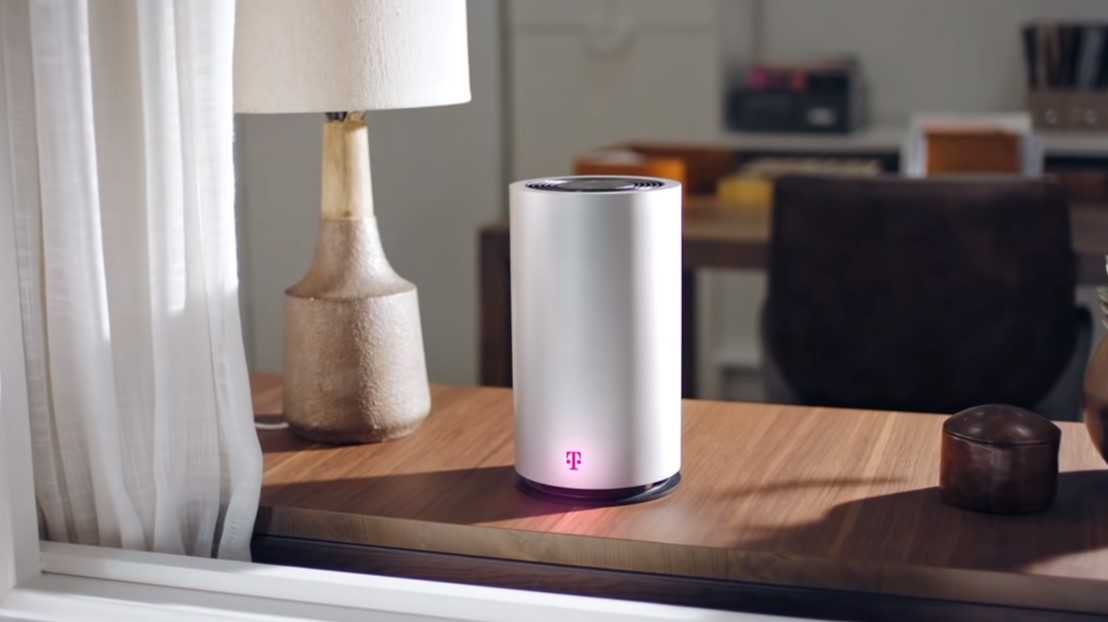The big three cellular providers – Verizon, T-Mobile, and AT&T – are investing heavily to capture a larger share of a home internet service market that is dominated by cable. Verizon and T-Mobile have launched 5G-based Fixed Wireless Access (FWA) services, while AT&T has boosted the speeds on its fiber optic home internet.
All three cellular providers made a marketing push during the Big Game last Sunday as they bring their battle into the home and take on cable providers for home internet supremacy.
- With the help of Jim Carrey’s “Cable Guy”, Verizon Wireless made the case for its 5G Ultra Wideband Home Internet.
- T-Mobile enlisted Scrubs co-stars Zach Braff and Donald Faison for a musical reunion commercial for their own 5G Home Internet service.
- AT&T beat the drum for their “fastest in the US” fiber optic home internet service with an ad featuring Demi Moore and Mila Kunis.
The investment comes at a time where internet demand is higher than ever. The proliferation of digital streaming services, expansion of the remote workforce and need for teleconferencing, and online gaming have all contributed to a need for more internet bandwidth and faster speeds. This has led Verizon and T-Mobile to expand their 5G Home Internet services across the U.S. It also marks an opportunity to offset the billions of dollars that these companies have invested in 5G deployment, should they be successful in expanding their home internet presence to complement their phone service subscription revenues.
The opportunity for the nascent 5G home internet technology, with its easy self-installation and high speed, low latency connection is clear, and conversion of current wireless customers is an excellent place to start. While still in its infancy and not widely available everywhere, the market share for cellular-based FWA home internet is still small. According to Interpret’s New Media Measure®, only 3.1% of home internet subscribers use a FWA service from Verizon or T-Mobile for their home internet. Even among cellular subscribers of those providers, only a small percentage of them are using the 5G FWA home internet services offered by their provider. Of those who use Verizon as their primary cellular provider, just 2.7% also subscribe to their FWA home internet service. T-Mobile does a little better, with 6.2% of T-Mobile cellular subscribers also subscribing to their 5G FWA home internet offering. These conversion rates will undoubtedly increase as cellular providers roll out 5G home internet service to more cities and convince existing cellular customers to add home internet by packaging or bundling services.




